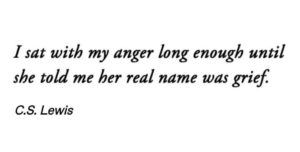We are off to the 7th century BCE and the prophet Nahum, from the small city of Elkosh, but, of course, later in life in Jerusalem. The book stands out from the other prophetic books in that it’s the only one that focuses solely on the impending doom of an enemy state, Assyria, beginning with the downfall of its capital, Nineveh. It is also a character assessment of God, which we might assume was more Nahum’s personal thoughts than him parroting God’s directives.
- God is slow to anger, but once he builds up a head of steam, he goes on a rant and rampage, which, canonical evidence suggests, he burns out by killing large numbers of people. Then he weeps a bit about how he might have overreacted, promises to do better, but threatens those around him to do better to in order to stop him from doing it again. In the gaming world, he’s a Berserker.
- We’ve seen in past prophetic writings that God, in his anger at the leaders and populace of Israel, bolstered the forces against them, ruining their lives and homes and putting them in exile. Now that he’s satisfied with having taught them a lesson, he’s after Assyria, one of the main tools he used to accomplish this. He’s threatening the same doom and destruction against them for having dared to lift a hand against Israel. While it may be true that they would have attacked anyway, he seems to forget how much of a part he played in that.
- God compares Nineveh to Thebes, a city on the Nile, in Egypt, which by this point, he’s already destroyed. He demands to know if the denizens of Nineveh think they’re better than the people he’s already ruined or killed. He doesn’t actually care what their answer is, as he announces in the next breath that, no, you’re not any better, and I’m going to destroy you just like I did them. Another short book, as this one ends here with graphic descriptions of gore and violence.
